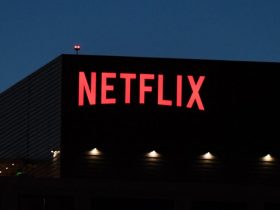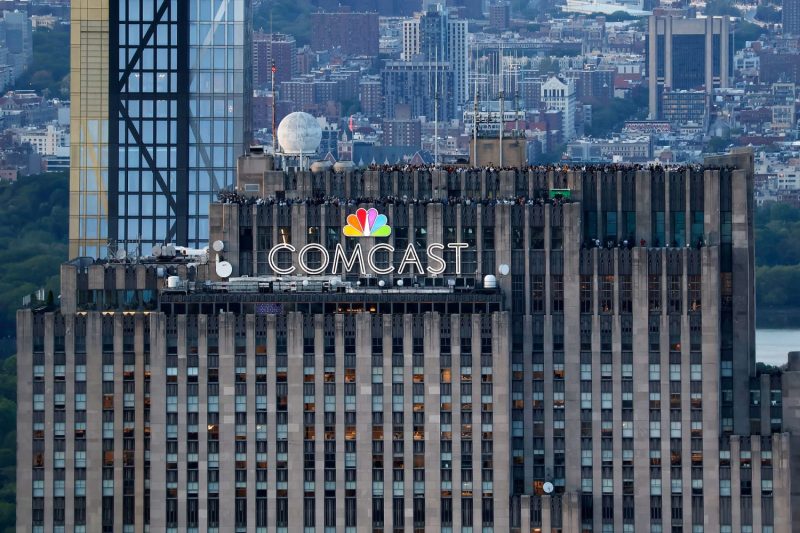Comcast’s Decision to Spin Off Cable Channels Sparks Industry Speculation
Comcast’s recent announcement regarding their plan to spin off cable channels such as MSNBC, CNBC, and USA has sent shockwaves throughout the media industry. This strategic move by the media giant has sparked intense speculation about the potential implications for the future of cable television and the broader media landscape.
One of the key reasons cited for Comcast’s decision to spin off these major cable channels is the increasing competition in the media industry. With the rise of streaming services and digital platforms, traditional cable television has been facing significant challenges in retaining viewers and advertisers. By separating these channels from its core business, Comcast aims to create more focused and agile entities that can better adapt to the changing media landscape.
Furthermore, spinning off these cable channels could also be a strategic move to unlock shareholder value. By creating separate entities for these channels, Comcast could potentially attract new investors who are specifically interested in the content and audience reach of MSNBC, CNBC, and USA. This could result in a more targeted and efficient use of resources, benefiting both the parent company and the spun-off entities.
However, while Comcast’s decision to spin off these cable channels may seem like a bold and forward-thinking move, it also raises questions about the impact on the employees and content of these channels. The restructuring process could potentially lead to job losses and changes in programming as the new entities seek to establish their identities and strategies in the increasingly competitive media landscape.
Moreover, the spin-off of these cable channels could have broader implications for the media industry as a whole. As one of the largest media conglomerates in the world, Comcast’s actions are closely watched by competitors and stakeholders alike. The decision to separate these channels could prompt other media companies to reassess their own strategies and potentially pursue similar moves to stay competitive in the rapidly evolving media environment.
In conclusion, Comcast’s plan to spin off cable channels like MSNBC, CNBC, and USA represents a significant development in the media industry. While the decision is motivated by the desire to adapt to changing market dynamics and unlock shareholder value, it also raises important questions about the future of traditional cable television and the broader media landscape. As the industry continues to evolve, the impact of Comcast’s move will be closely monitored by industry observers and stakeholders alike.














